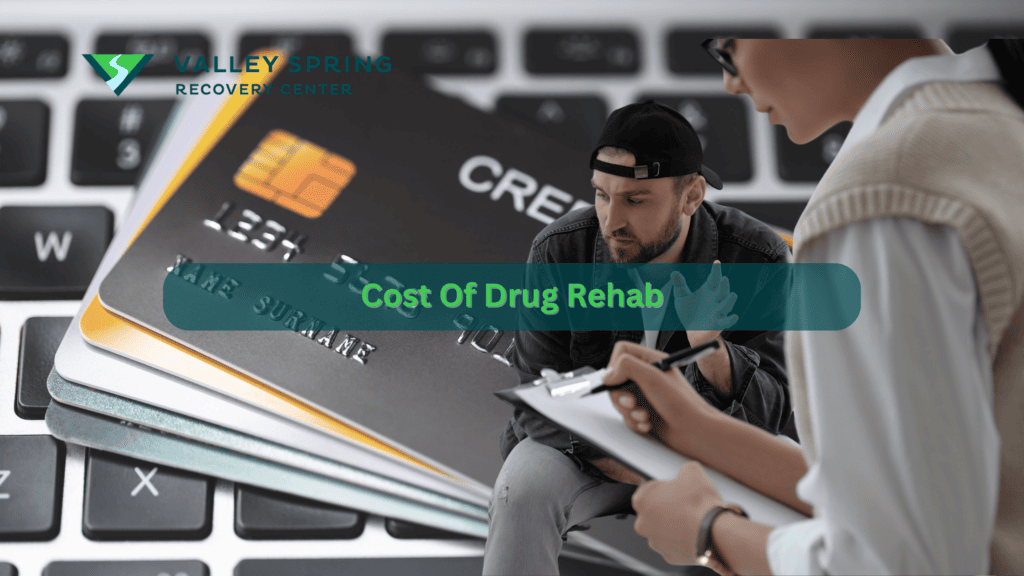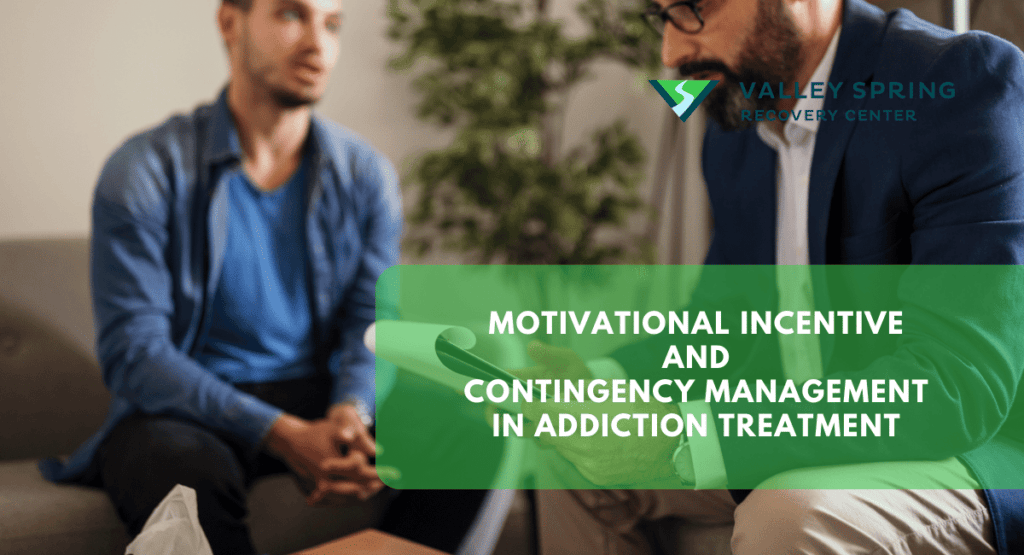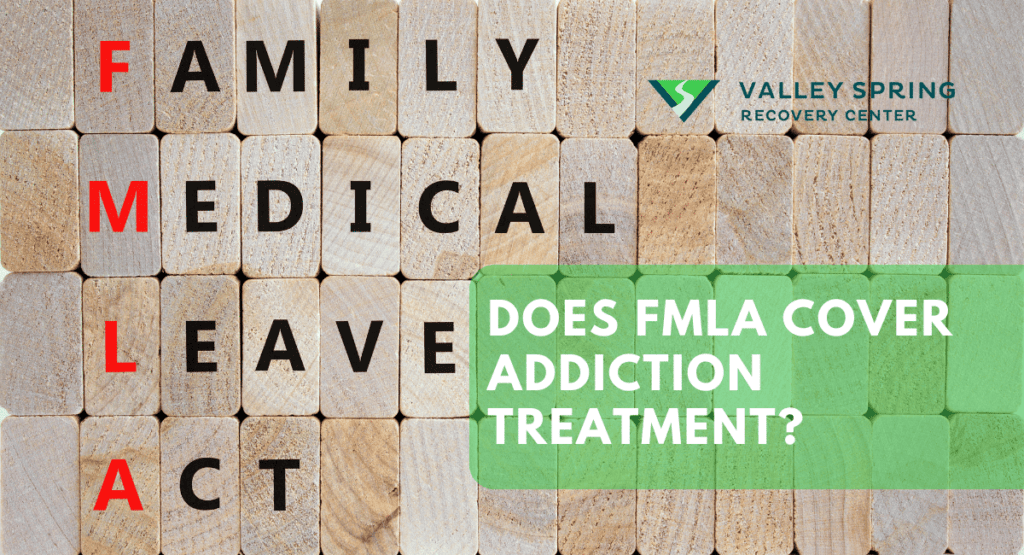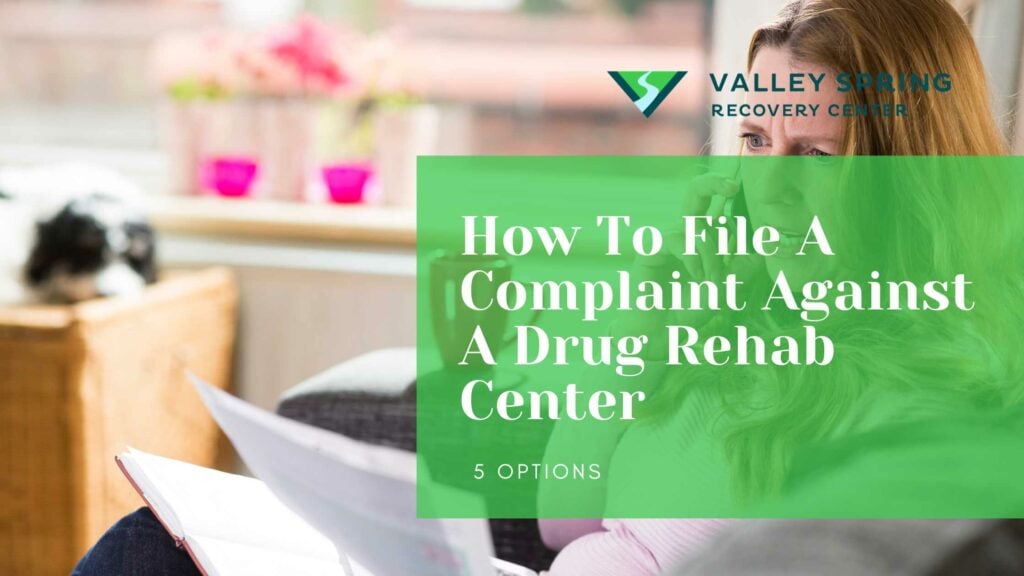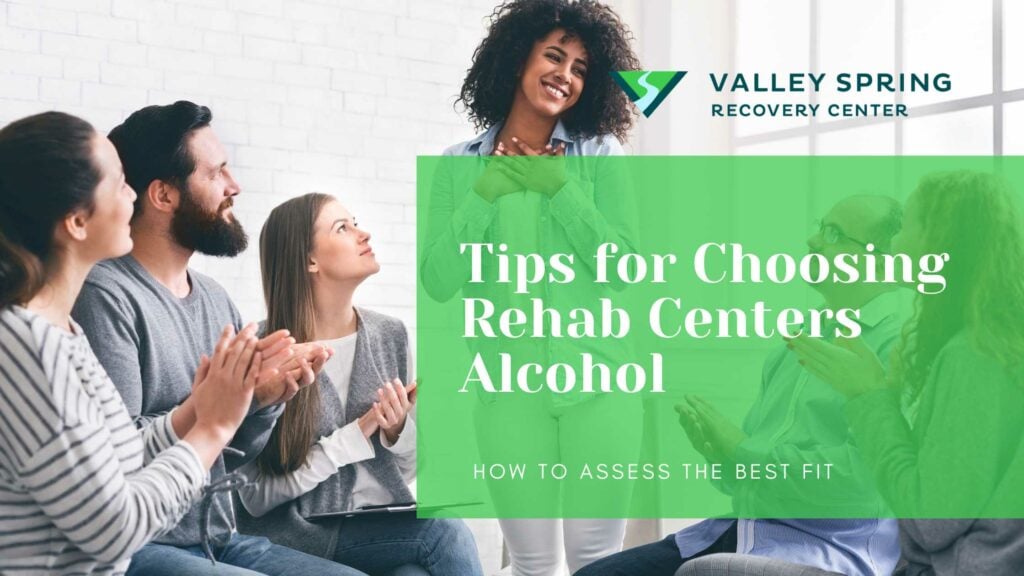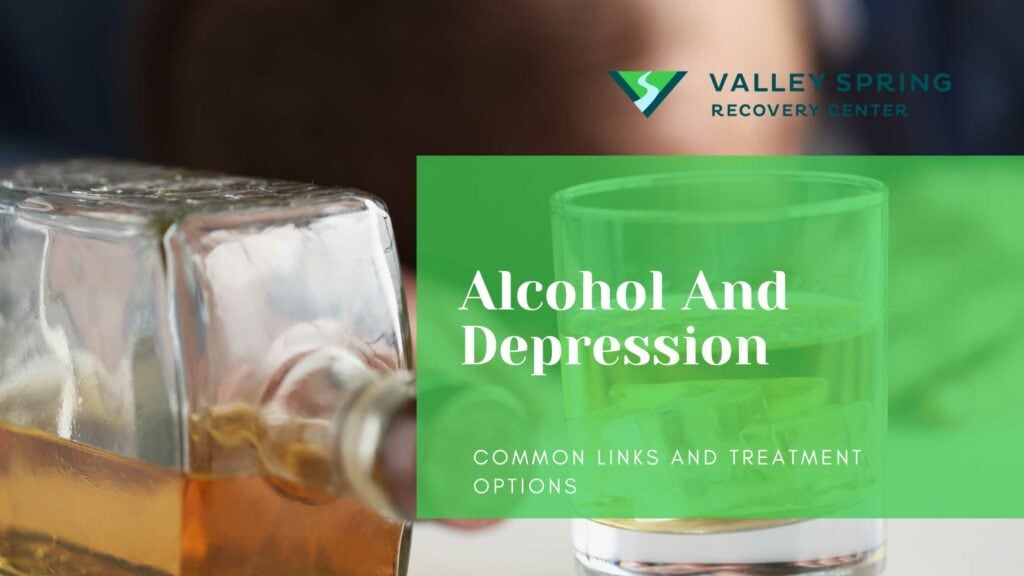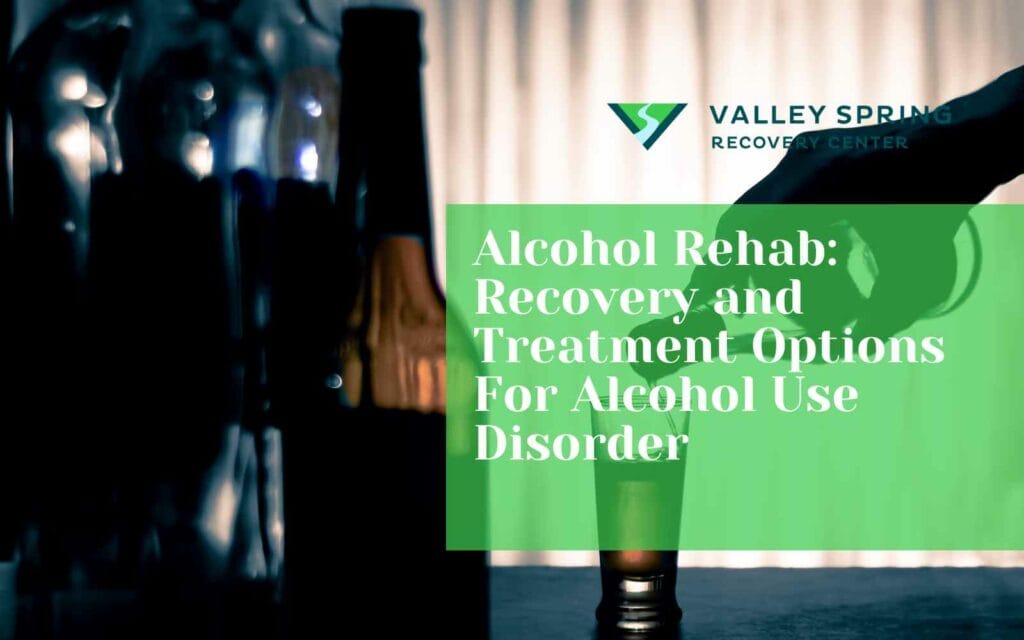Addiction is a devastating force that can wreak havoc on individuals and their families. For those struggling with substance abuse, entering rehab is a crucial step on the road to recovery. However, the cost of drug rehab can often be a significant barrier, causing many to wonder, “How much does rehab cost?” and if treatment is truly worth it.
Navigating the financial intricacies involved in securing proper addiction treatment can be an overwhelming barrier to entry. Costs in rehab are subject to a multitude of variables: geographic location, length and type of treatment, and specialized care needs, among others. For many individuals, the initial sticker shock can be intimidating. Yet, a thorough understanding of the economic facets of rehabilitation offers not just clarity but opens avenues for budgeting and decision-making in what is unquestionably a transformative intervention. Therefore, understanding both the immediate and long-term financial and health implications of bypassing addiction treatment becomes a crucial step in the process.
Factors that play a role in how much drug addiction treatment costs include:
- treatment types
- location
- amenities
- duration
- insurance coverage
- and financing options
How Much Does Drug Rehab Cost?
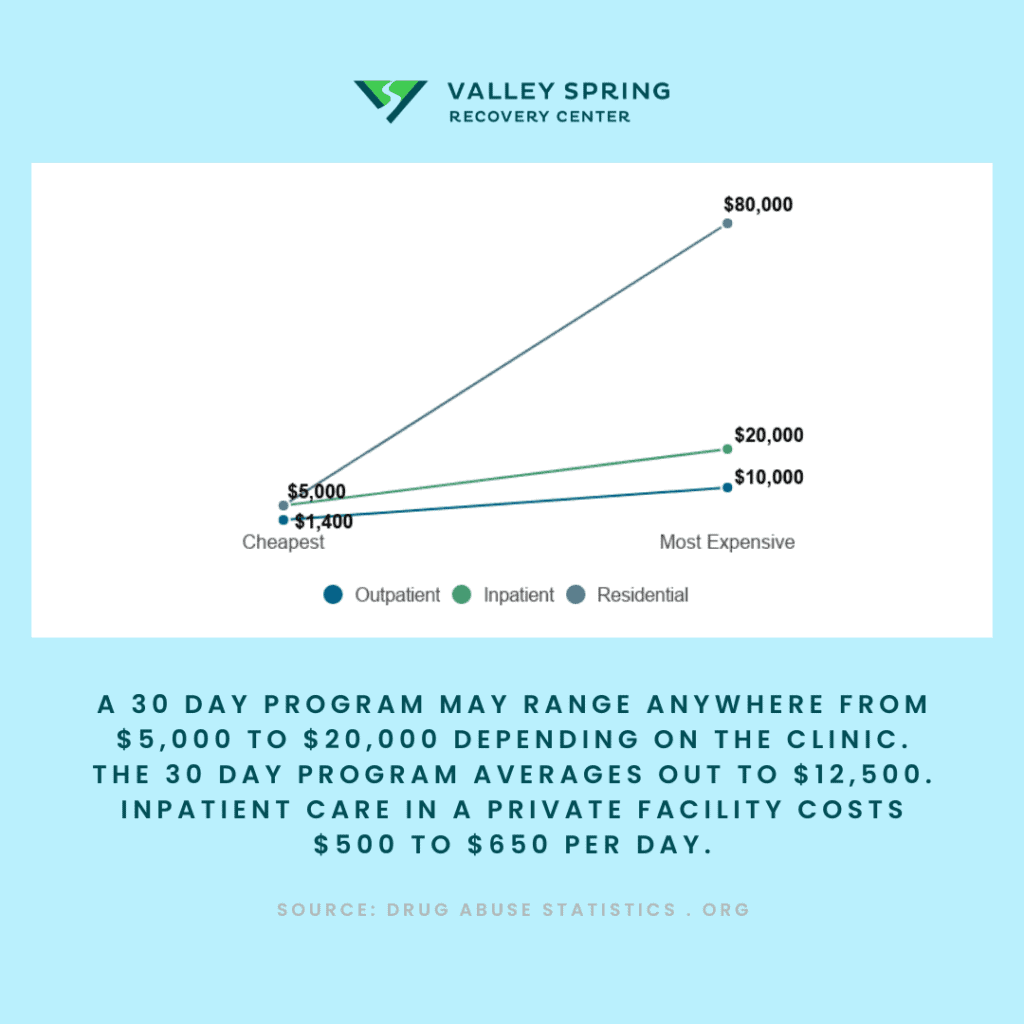
Rehab costs vary widely based on the type of program and center as well as method of payment since insurance coverage can offset the cost of addiction treatment. There are luxury rehabs that can cost $60,000 for 30 days, rehabs that take insurance and or self-pay where costs range from $20,000 to $30,000 per day, and rehabs that are sponsored by the government and or accept Medicaid which can be free. The average cost of drug rehab is $13,475. (drugabusestatistics.org) Many factors contribute to these costs, including:
- The type of treatment
- Location
- Amenities
- Length of treatment
Grasping how these factors determine the overall cost allows you to anticipate what might lie ahead when seeking addiction treatment. If we look at the costs on a per-session basis, you can see how the costs add up:
| Type of Treatment | Average Episode Cost | Average Episode Cost Adjusted for Inflation (2022) |
|---|---|---|
| Methadone Treatment | $8,836 | $12,183 |
| Non-methadone Outpatient | $1,615 | $2,228 |
| Intensive Outpatient | $3,582 | $4,939 |
| Adolescent Outpatient | $2,377 | $3,278 |
| Drug Court | $3,687 | $5,083 |
| Adult Residential | $7,084 | $9,766 |
| Therapeutic Community | $23,590 | $32,523 |
| In-prison Therapeutic Community | $1,681 | $2,317 |
Though rehab can be costly, it’s worth remembering that the enduring benefits of conquering addiction surpass the initial financial outlay. Improved health, reduced legal and financial consequences, and a higher quality of life are just a few of the many advantages of investing in addiction treatment.
What Impacts the Cost Of Drug Rehab Centers?
The cost of addiction rehab is influenced by the type of treatment chosen, with inpatient and residential treatments generally costing more than outpatient services, and factors such as the rehab facility’s location, amenities offered, and the treatment’s duration also significantly affect the overall expenses.
1. The type of treatment
There are different types of rehab centers including Inpatient, outpatient, medication-assisted programs, and dual diagnosis programs which each require different specialty staff and have a different cost associated with them. Inpatient and residential treatments for drug or alcohol addiction are typically more expensive than outpatient services. Inpatient rehab costs can range from $14,000 to $27,000 for a 30-day program. On the other hand, outpatient treatment, also known as outpatient rehab, can be more affordable, ranging from no charge to five hundred dollars per session. Medication-assisted treatment, which involves the use of medications to manage withdrawal symptoms and reduce cravings, also comes at a cost. In residential treatment programs, the annual expense for this type of treatment is approximately $5,980.
2. Location
The location of a rehab facility can also have an impact on the cost of alcohol rehab treatment. Facilities in urban or beachside areas generally charge more for treating alcohol abuse than those in rural settings. This may be due to higher operating costs, increased demand, or the perceived prestige of attending a rehab center in a desirable location. Commuting to and from the treatment center and any extra expenses that may arise during your stay.
3. Luxury Amenities
Amenities offered by rehab facilities can also affect the overall cost. Some treatment centers provide luxurious accommodations, such as private rooms, personal chefs, and recreational activities. These high-end facilities often come with a higher price tag, with luxury drug and alcohol rehab centers costing more than $25,000 for 30 days of treatment. Luxury rehab centers are appealing but they cost more than regular rehab centers. It’s important to remember that the primary goal of rehab is to overcome addiction and improve one’s health. Sometimes, a more basic facility with fewer amenities may still offer a high-quality treatment program at a more affordable price.
4. Length of treatment
How long treatment lasts is another element influencing rehab costs. Treatment programs can range from short-term (21 days) 30 day programs to long-term (180 days). Generally, the cost of rehab increases with an extended duration of treatment. While longer treatment programs may be more expensive, they can also provide a more comprehensive approach to recovery, addressing both the physical and psychological aspects of addiction. Finding a treatment program that provides the right length of care for your specific needs is crucial, as it can significantly influence your prospects of attaining long-term sobriety.
Does Insurance Cover The Cost Of Rehab?

Insurance can cover some or all of the cost of drug and alcohol rehab based on the medical necessity of the treatment services, if the insurer believes the treatment is appropriate and necessary based on the patient’s diagnosis, they must pay for the treatment stay if the treatment provider is in network with the insurance company. The most common reason insurers refuse to cover mental health and substance abuse treatment is because of a supposed lack of medical necessity. Insurance coverage is a primary payment option for rehab, with both private insurance and government-run programs offering varying levels of coverage. Depending on the insurance plan and medical needs, some or all of the rehab costs may be covered, helping to alleviate the financial burden of treatment.
How to know if insurance will cover treatment?
To understand if insurance will cover the cost of rehab you must review your insurance policy and discuss your coverage options with your insurance provider and rehab facility before enrolling in a treatment program. This will help ensure that you understand your financial responsibilities and can make informed decisions about your treatment plan.
Private insurance plans may cover some or all of the expenses associated with rehab. Coverage levels can fluctuate, so it’s vital to review your policy’s coverage and deductible before committing to a treatment program.
Private insurance providers such as United Healthcare, Cigna, and Blue Cross Blue Shield offer health insurance coverage for drug and alcohol use disorders that can offset the cost of treatment. This gives those affected access to the treatments they need. Nevertheless, coverage might be restricted, so it’s crucial to recheck your plan and ascertain that you have adequate coverage for your treatment requirements.
Government-run programs, accept Medicaid and Medicare and make treatment accessible for individuals who would otherwise not be able to afford it. These programs can help cover the cost of treatment for those who are eligible, but it’s important to note that eligibility and coverage limits vary.
How Much Is the Cost of Rehab vs. The Cost of Untreated Addiction?
The estimated annual cost of prescription painkiller addiction is $29,200+ and someone who struggles with alcoholism can easily spend $200-$500 a week on alcohol. The excess spending from alcoholism is more than 249 Billion annually. (CDC). The cost of addiction quickly adds up to be more than the cost of getting addiction treatment.
Private drug rehab can be unaffordable for some substance users, but it is less expensive than continuing to use drugs. When examining the costs over time, it’s more cost-effective to get sober in a rehab center than to continue using drugs or alcohol.
Here is a table showing a comparison of the cumulative expense of drugs or alcohol versus the cost of a $30,000 rehab program over time:
| Days | Cumulative Expense on Drugs/Alcohol ($) | Rehab Cost ($) |
|---|---|---|
| 1 | 100 | 30,000 |
| 2 | 200 | 30,000 |
| 3 | 300 | 30,000 |
| 4 | 400 | 30,000 |
| 5 | 500 | 30,000 |
| 6 | 600 | 30,000 |
| 7 | 700 | 30,000 |
| 8 | 800 | 30,000 |
| 9 | 900 | 30,000 |
| 10 | 1,000 | 30,000 |
| … | … | … |
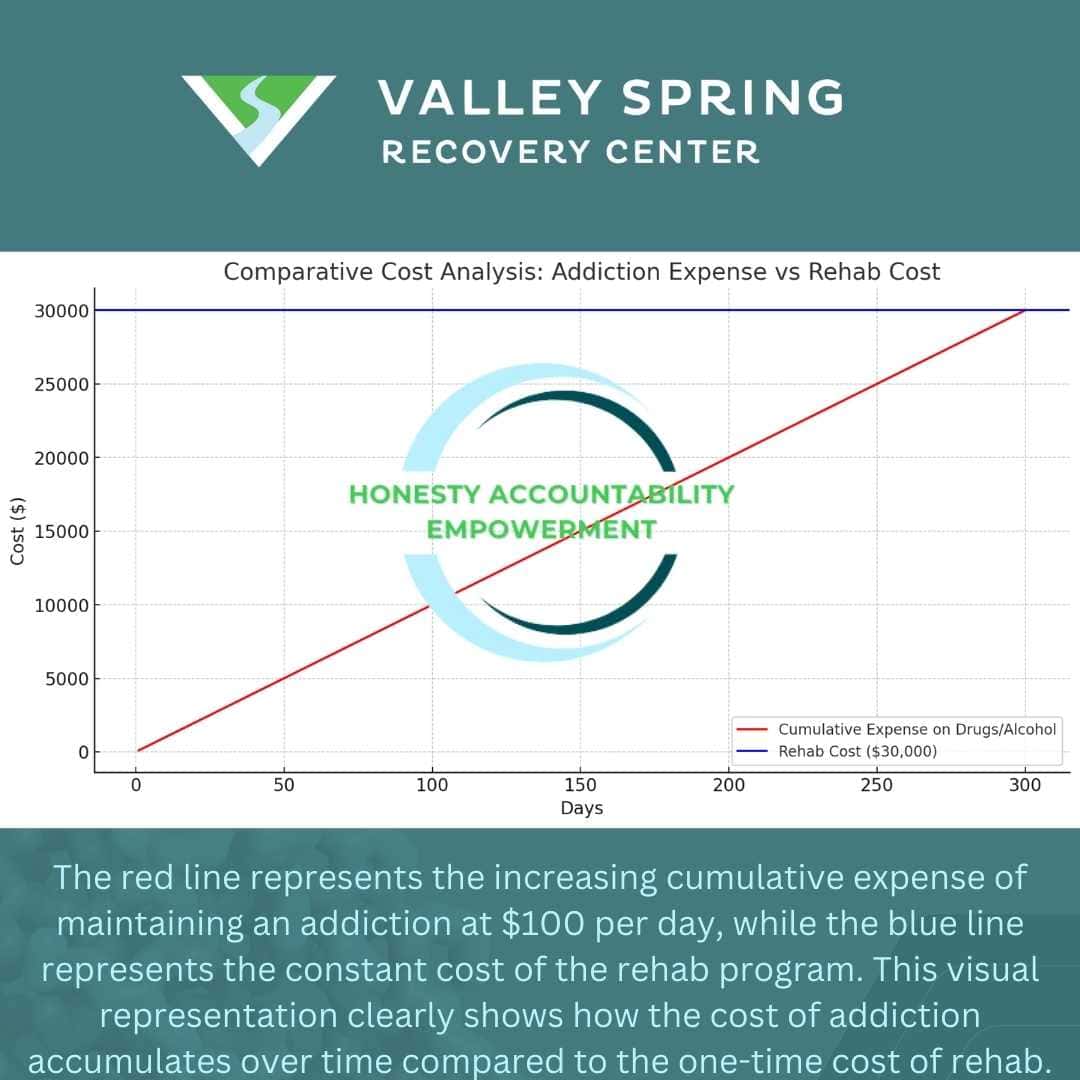
What Options Are There For Cheap or Free Rehab?
Even if you’re finding it hard to afford rehab or lack insurance coverage, low-cost and no-cost rehab options remain accessible to assist you in conquering addiction. These options can provide essential support and treatment services for those with limited financial resources.
Exploring an array of low-cost and no-cost rehab options can help you find the assistance you need to liberate yourself from addiction and reconstruct your life. Some options to consider include:
- Government-funded programs
- Non-profit organizations
- Sliding scale payment options
- Scholarships or grants
- Employee assistance programs
- Support groups
Don’t let the cost of rehab prevent you from seeking the treatment you need and deserve.
State-Funded Rehab Centers: State-funded rehab centers offer services at reduced costs or for free to those who qualify. These facilities receive funding from the government and are designed to help individuals who may not be able to afford private treatment centers. The Mental Health Services Administration plays a crucial role in supporting such state-funded rehab centers.
While state-funded rehab centers may offer valuable resources, high demand may result in limited availability and extended waiting lists. If you’re considering this option, it’s important to research the specific services provided by your state and be prepared to wait for an opening in a treatment program.
Sliding Scale Fees and Reduced Costs: Some rehab facilities offer sliding scale fees or reduced costs based on income and financial need. This can make treatment more affordable for individuals who may not have insurance coverage or the financial means to pay for rehab.
To find a facility that offers sliding scale fees or reduced costs, you can contact treatment centers directly and inquire about their payment options. Be prepared to provide documentation of your income and financial situation to determine your eligibility for these programs.
Support Groups and Community Resources: Support groups and community resources, such as Alcoholics Anonymous and Narcotics Anonymous, provide free assistance for those in recovery. These groups offer peer support, guidance, and a sense of community for individuals working to overcome addiction.
In addition to support groups, there are other community resources available to help those in recovery, such as therapy groups, sober living houses, and aftercare support groups. Utilizing these free resources provides you with extra support and encouragement throughout your recovery journey, without additional costs.
Can You Finance Rehab?
Financing rehab can be a daunting task, but there are various methods available to help make treatment more accessible. From payment plans to scholarships and loans, you can explore different options to find the one that best suits your financial situation and treatment needs.
Securing financing for rehab is an investment in your future and a significant step towards a lasting recovery. It’s important to remember that the long-term benefits of rehab far outweigh the initial costs, making this investment well worth it.
Payment Plans: Some rehab facilities offer individualized payment plans to help patients afford treatment. These plans can be tailored to fit your financial needs and may allow you to pay for treatment over time rather than upfront.
Discuss payment plan options with the rehab facility and ensure you understand the plan’s terms and conditions before committing to a treatment program. This will help you make informed decisions about your treatment and avoid unexpected costs down the line.
Scholarships and Grants: Scholarships and grants may be available from rehab centers or non-profit organizations to cover treatment costs. These financial aid options can provide much-needed assistance for those who cannot afford rehab on their own.
To find scholarships and grants, you can contact rehab facilities directly, research non-profit organizations, or even explore government-funded programs. Be prepared to provide documentation of your financial situation and treatment needs, as eligibility requirements may vary.
Personal Loans and Credit Cards: Personal loans and credit cards with lower interest rates can be used to finance rehab expenses. Some lenders provide loans specifically tailored for addiction treatment, making it easier to secure financing for rehab.
If you’re contemplating using personal loans and credit cards to finance rehab, it’s crucial to compare interest rates, fees, and repayment terms to find the most suitable option for your needs. Keep in mind that while these financing options can help cover treatment costs, they also come with the risk of accumulating debt, so it’s essential to weigh the benefits against the potential drawbacks.
Is Rehab Worth The Cost?
The multitude of long-term benefits that rehab can offer far surpass its costs. By addressing addiction and receiving the necessary treatment, individuals can experience improved health, reduced legal and financial consequences, and a better quality of life.
The journey to recovery may be challenging, but the rewards of an effective rehab stay for overcoming addiction is invaluable. Understanding the diverse factors contributing to rehab costs and exploring financing options allows you to take the initial step towards a healthier, happier future.
Improved Health and Quality of Life: Rehab can help individuals overcome addiction, leading to improved physical, mental, and emotional health. By addressing the root causes of addiction and providing comprehensive treatment, rehab can help individuals.
- Develop healthier coping mechanisms
- Learn new lifestyle habits
- Build a strong support system
- Gain a better understanding of themselves and their triggers
- Improve their overall well-being
As a result, individuals who complete rehab often experience:
- a better quality of life
- stronger relationships
- increased productivity at work
- a greater sense of overall well-being
Investing in rehab signifies investing in your future health and happiness.
How Does Going To Rehab Save You Money?
By addressing addiction, rehab can reduce the legal and financial consequences associated with drug abuse and substance abuse, such as lost income, legal fees, and drug-related accidents, through effective drug addiction treatment and substance abuse treatment.
By breaking free from addiction and rebuilding a stable, sober life, individuals can minimize these negative consequences and focus on creating a brighter future.
Help Is Right Around The Corner.
Private, Confidential, Evidence-Based Drug Rehab in Northern New Jersey
Frequently Asked Questions
Does insurance cover rehab costs?
In general, insurance coverage may be available for some or all rehab costs depending on the plan.
What factors affect the cost of rehab?
Rehab costs can be affected by various factors such as the type of treatment, location, amenities, and length of stay.
For example, a luxury rehab center in a desirable location may cost more than a basic facility in a rural area. The type of treatment offered can also affect the cost. Inpatient treatment is typically more expensive than outpatient treatment.
How much does rehab cost on average?
On average, an individual’s drug rehabilitation costs approximately $13,475 at treatment centers.
How much does substance abuse cost the US?
Substance abuse is an immense financial burden on the US, costing a total of $532 billion annually due to costs associated with tobacco, alcohol and illicit drug use.
These costs include health care, lost productivity, criminal justice and other expenses. The economic burden of substance abuse is felt by individuals, families, businesses, and governments. It is estimated that the US spends more than $200 billion each year on health care costs related to health care.
How can I reduce my rehab costs?
Look into your insurance coverage and see if they provide any help with mental health or substance abuse services.
Additionally, research state-funded treatment programs in your area as they can reduce costs.
Choosing the Right Path for Your Unique Recovery Journey
Navigating the labyrinth of treatment options can be overwhelming, yet the decision between inpatient and outpatient rehab is crucial to the effectiveness of your recovery journey. As we’ve discussed throughout this article, both treatment modalities have their merits, but they are best suited for different needs, circumstances, and preferences.
Remember, the optimal choice hinges on a thorough understanding of your specific needs, from the substance or mental health conditions you’re grappling with, to the duration and frequency of your use. The financial aspect and your comfort level with sharing personal information should also be factored into your decision-making process to know if you need rehab and the type of rehab that will work for you based on your symptoms.
The complexity of this choice underscores the importance of professional guidance. Consulting with medical professionals, mental health counselors, and financial advisors can provide invaluable perspectives that enhance your understanding and guide you toward the right decision.
Ultimately, whether you opt for inpatient or outpatient rehab, the end goal remains the same: achieving a healthier, more fulfilling life through sobriety. The route you take is less significant than the commitment and effort you invest in your journey. With the context-rich information provided in this article, we aim to empower you to make a decision that is not just informed, but also profoundly tailored to your individual path to recovery.
Sources
- National Institute on Drug Abuse. (2012). Principles of Drug Addiction Treatment: A Research-Based Guide (Third Edition). Retrieved on February 3, 2023 http://www.drugabuse.gov/publications/principles-drug-addiction-treatment
- Mayashida M (1998). “An Overview of Outpatient and Inpatient Detoxification.” Retrieved on June 15, 2023 http://pubs.niaaa.nih.gov/publications/arh22-1/44-46.pdf
- Mental Health America. “In Patient Care.” Retrieved on June 13, 2023 http://www.mentalhealthamerica.net/patient-care
- National Institute on Drug Abuse (2014). “Drugs, Brains, and Behavior: The Science of Addiction.” Retrieved on June 13, 2023 http://www.drugabuse.gov/publications/drugs-brains-behavior-science-addiction/treatment-recovery
- Cost Of Rehab https://drugabusestatistics.org/cost-of-rehab/
Ben Fisher
All author postsShare This Post

